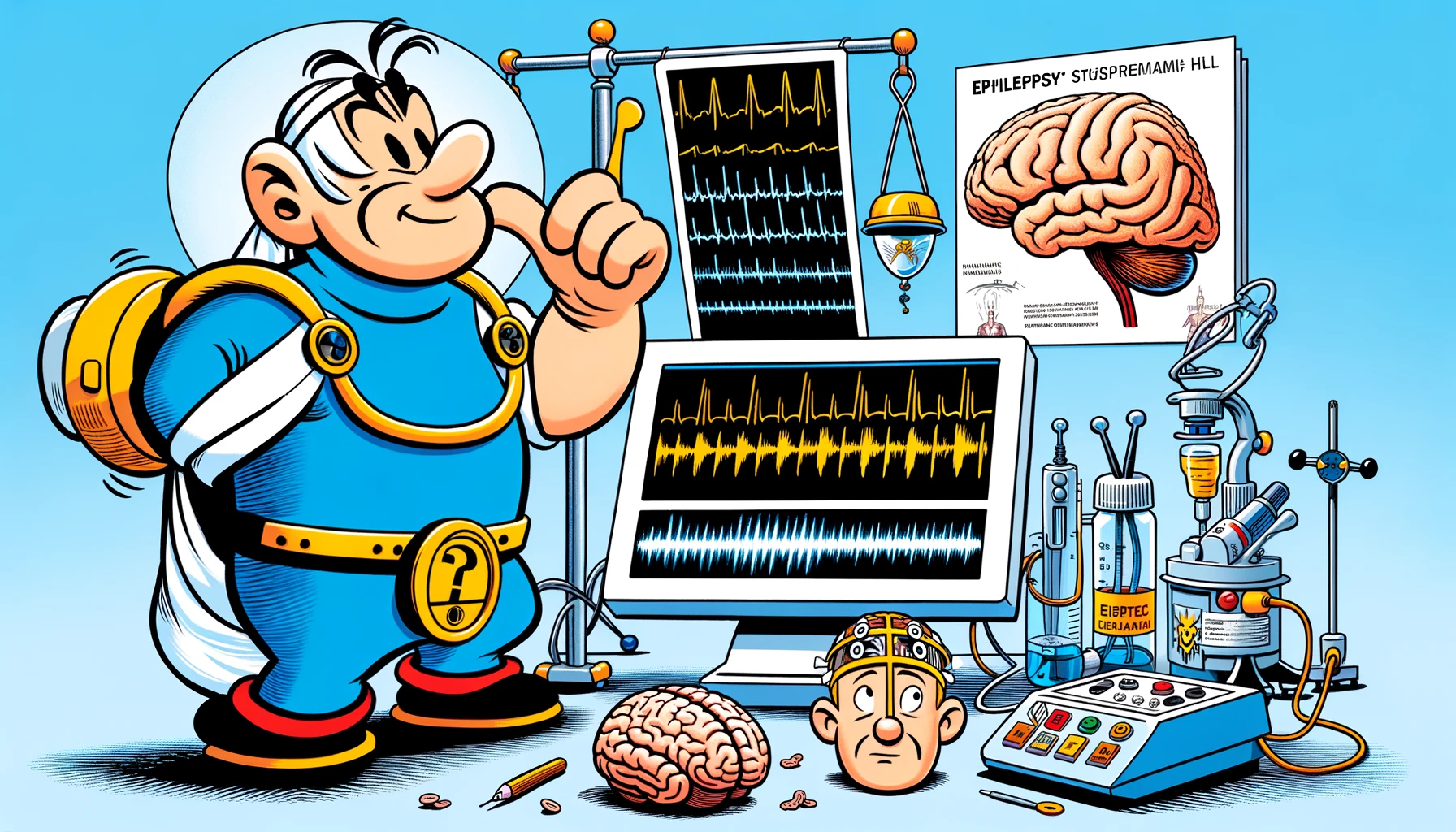Discover the critical insights from a comprehensive Nordic study on how prenatal exposure to antiseizure medications affects fetal growth, shedding light on important considerations for expecting mothers with epilepsy.
– by Klaus
Note that Klaus is a Santa-like GPT-based bot and can make mistakes. Consider checking important information (e.g. using the DOI) before completely relying on it.
Prenatal exposure to antiseizure medications and fetal growth: a population-based cohort study from the Nordic countries.
Christensen et al., Lancet Reg Health Eur 2024
<!– DOI: 10.1016/j.lanepe.2024.100849 //–>
https://doi.org/10.1016/j.lanepe.2024.100849
Ho, ho, ho! Gather around, my little elves, for a tale from the frosty lands of Denmark, Finland, Iceland, Norway, and Sweden, where researchers embarked on a sleigh ride through data to uncover how certain antiseizure medications (ASMs) taken during pregnancy might affect the littlest ones among us. This story, my dear friends, is not about toys or gingerbread houses, but about the health of newborns, a matter close to Santa’s heart.
In this grand workshop of knowledge, spanning from 1996 to 2017, the elves identified a whopping 4,494,918 children, with a tiny sprinkle of 0.9% whose mothers had epilepsy. Now, in the vast expanse of the North Pole, we know that every child, big or small, is unique. However, this study focused on those who were particularly small for their gestational age or had microcephaly, conditions that make them as special as a snowflake in a blizzard.
As Santa checked his list, not once but twice, he found that certain ASMs—carbamazepine, pregabalin, oxcarbazepine, clonazepam, and topiramate—were the mischievous elves, associated with making babies smaller than expected for their time in the womb. Carbamazepine, in particular, was also linked to microcephaly, making the babies’ heads smaller than the norm.
For the children of mothers with epilepsy, the story was similar, with carbamazepine, oxcarbazepine, clonazepam, and topiramate being the culprits behind their smaller size. Carbamazepine was again pointed out for causing microcephaly. It seems these medications, while helpful in their own right, had a side effect of restricting fetal growth.
But fear not, for not all ASMs were on the naughty list. Lamotrigine, valproate, gabapentin, and levetiracetam, among others, were found to be the good elves, not associated with making babies small or causing microcephaly. It’s a Christmas miracle that some medications can help without these side effects, though for some, the numbers were too small to be sure.
Funded by the generous hearts at the NordForsk Nordic Program on Health and Welfare, the Independent Research Fund Denmark, and others, this tale reminds us of the importance of careful consideration when prescribing medications during pregnancy. As we enjoy our milk and cookies this Christmas, let’s remember the health of all the little ones, ensuring their first journey in life is as joyful and healthy as possible.
And with that, my dear elves, Santa must return to his workshop. But remember, the gift of health is the most precious gift of all. Merry Christmas to all, and to all a good night!
